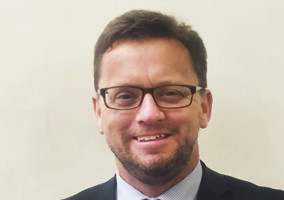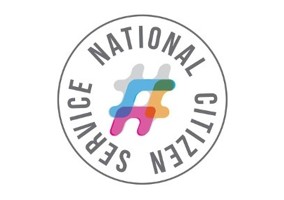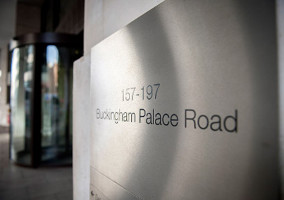Participation targets for the National Citizen Service have been revised so that the programme is now expected to reach 247,000 young people per year by the end of the Parliament.
The original target had been 360,000 and the revised target was described as being “more realistic” by those involved with the project.
NCS has never met its participation targets, but the numbers of young people involved with the programme has increased each year.
Ahead of placing the scheme on a statutory footing, through the National Citizen Service Bill and Royal Charter, the National Audit Office considered the value for money of the scheme. Its report said it was concerned that too much focus was on increasing participation, at the expense of controlling costs.
The Public Accounts Committee heard from John Manzoni, permanent secretary at the Cabinet Office, and Mark Fisher, director of the Office for Civil Society, Sue Owen, permanent secretary at the Department for Culture, Media and Sport, and Michael Lynas, chief executive of the National Citizen Service Trust yesterday.
Anne-Marie Trevelyan, Conservative MP for Berwick upon Tweed and member of the committee, said the new target is a “substantial decrease in that growth level which seems to be more realistic” but that the programme would still need to increase its growth rate to meet that target.
‘Was the first target plucked out of thin air?’
Fisher said the new target is “based on some projections from the trust about what they think is stretching but achievable” but cautioned that a range of people would need to support the NCS Trust to deliver it.
He also said that if the trust underachieves the money goes back to the Treasury.
Trevelyan asked if “the original target just a figure plucked out of the air” and if it was just “a number that seemed to look pretty on a graph”.
Lynas said that the NCS Trust was looking at new ways to raise awareness of the programme in schools. This will include new guidance to be sent out once the bill receives royal assent.
He said: “Whether this is achieved in four years or ten years we’re on a definite trajectory to get there.”
Manzoni added that when the first target was set there was an expectation that there would be “more formal accountabilities” across government. But that now there are “different less formal accountabilities and hence those targets fell back”.
NCS governance arrangements criticised
MPs also said they were concerned about the lack of transparency from the NCS Trust, which is currently constituted as a community interest company.
Meg Hillier, chair of the committee, said its most recent accounts were “remarkably untransparent”.
Lynas said its accounts were in line with what is required for a CIC. And that when the bill is passed the trust will become accountable to Parliament and be audited by the NAO.
But Hillier asked why the trust had not gone further, given the amount of public money it gets, how high profile it is and ambitious nature of the project.
“Didn’t you think it might be a good idea to have a bit more information out there?” she asked.
Related article












